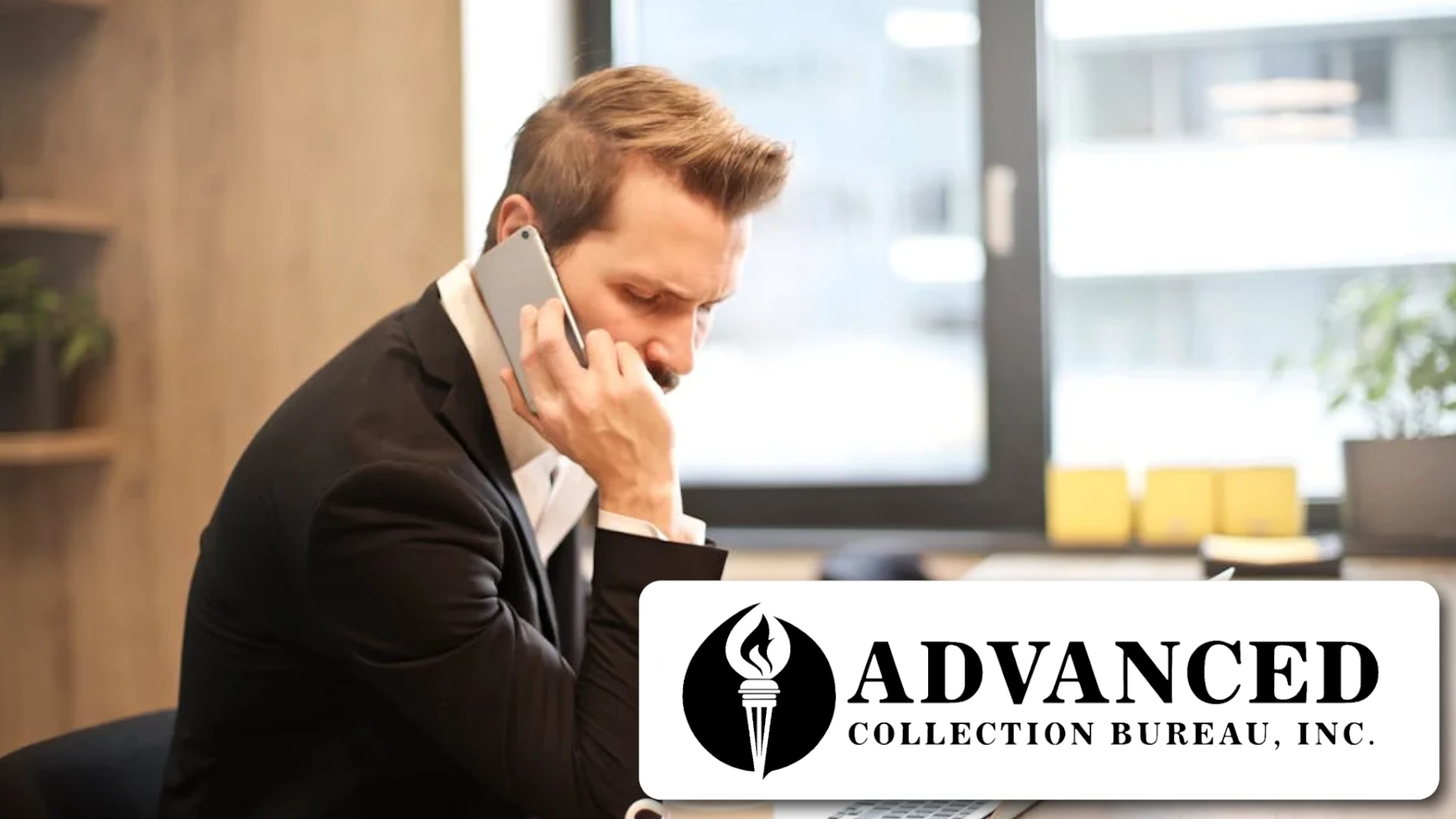Dealing with debt is stressful enough. Trying to reach the right office to discuss your account shouldn't add to the frustration. If you're looking for the Debt Management and Collections System phone number, you're likely trying to clarify a balance, dispute a charge, or figure out payment options. This guide explains who to call, what you’ll need, and how to approach these conversations to get the help you need.
What Is the Debt Management and Collections System?
The Debt Management and Collections System (DMCS) is a centralized platform used by various government agencies and institutions to manage and collect outstanding debts. These can range from defaulted student loans to unpaid federal agency charges. Whether you received a notice or suspect an unresolved debt, contacting the DMCS directly is the first step in resolving the issue.
Many times, individuals searching for this number have received letters or emails regarding a balance owed. The communications can feel abrupt, but acting quickly and getting accurate information can often prevent more aggressive collection actions like wage garnishment or credit reporting.
How to Contact DMCS
While there are different branches of debt management systems depending on the type of debt, the primary DMCS operated by the U.S. Department of Education can be reached at:
DMCS Customer Service Number: 1-800-621-3115
TTY for hearing impaired: 1-877-825-9923
Hours: Monday through Friday, 8 a.m. to 11 p.m. (Eastern Time)
Be ready with identifying information like your Social Security number or account number. For added security, you may also be asked questions to verify your identity.
If you're not sure whether this is the right office, the best approach is to call and explain the type of debt referenced in your notice. Agents can typically direct you to the correct department if it’s not theirs.
When Should You Call?
You should call the Debt Management and Collections System if:
- You received a collection notice.
- You have defaulted federal student loans.
- You need to set up a payment plan or discuss options.
- You want to dispute the debt or request documentation.
- You’re trying to avoid further escalation, like wage garnishment.
Acting early often leads to more favorable solutions. If you're uncertain how to approach the conversation, this guide on How to Contact a Debt Collector can help you feel more confident before dialing.
What to Expect During the Call
Most calls start with identity verification. After that, a representative will explain your current balance and repayment options. If you need time to consider options, don’t feel pressured to commit on the spot. Instead, ask them to send the options in writing.
If the debt seems unfamiliar or you're skeptical of the notice, you can request proof of the debt under federal law. You may also find our blog on Can Unpaid Rent Go to Collections? useful if your issue relates to a rental or lease balance.
What If You Need Private Collection Help?
If you're a landlord, property manager, or business owner looking to recover your own debts, the DMCS won't help with that. In those cases, you’ll want to partner with a specialized agency like Advanced Collection Bureau. ACB helps residential and commercial landlords collect unpaid rent and fees efficiently and professionally.
We’ve covered related topics like Best Collection Practices for Assisted Living Facilities and How Action Property Management Handles Tenant Debt to give readers insights into industry best practices.
Whether you’re contacting the DMCS about a federal debt or exploring collection support for your own business, knowing your options and acting quickly makes a major difference.
If you’re a landlord or business needing professional collection support, reach out at advancedcb.com/work-with-us today.














